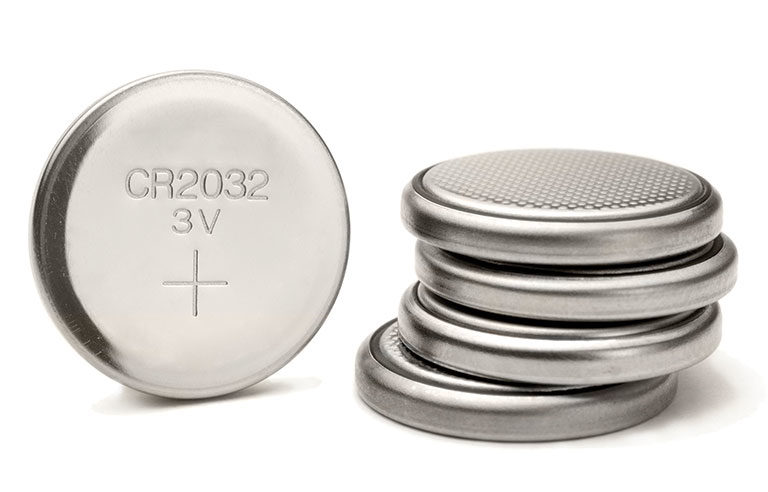Giving honey to kids who swallow button batteries may buy time on the way to the ER, researchers say

Philadelphia — Your child has just swallowed a button battery – a potentially deadly situation. What should you do? After calling 911, give the child honey at regular intervals until he or she is taken to the hospital, says a research team of ear, nose and throat specialists.
Data on button-battery ingestion shows “more than a 12-fold increase in fatal outcomes in the past decade compared to the prior decade,” Ian Jacobs, director of the Center for Pediatric Airway Disorders and a pediatric otolaryngologist at Children’s Hospital of Philadelphia, said in a press release. “Since serious damage can occur within two hours of ingesting a battery, the interval between ingestion and removal is a critical time to act in order to reduce esophageal injury.”
When a button battery reacts with saliva and tissue of the esophagus, it creates an alkaline solution that essentially dissolves tissue.
In their search for a substance that “could create a protective barrier between the tissue and the battery, as well as neutralize harsh alkaline levels,” researchers tested a variety of liquids, including common beverages such as juices, sodas and sport drinks. They found that a combination of honey and the ulcer medication Carafate achieved the proper pH level required to neutralize battery acid.
“The honey option is meant for home use and meant to be utilized until a child can get to a health care facility,” the researchers said. “Once at a health care facility, Carafate can be utilized until button battery removal can occur.”
More than 3,000 button batteries – commonly found in remote controls, flameless candles, bathroom scales and numerous other household items – are ingested each year in the United States, according to sources cited in the study. The highest risk of ingestion is among children younger than 6, who may believe the batteries are candy.
The study was published June 11 in The Laryngoscope.
Post a comment to this article
Safety+Health welcomes comments that promote respectful dialogue. Please stay on topic. Comments that contain personal attacks, profanity or abusive language – or those aggressively promoting products or services – will be removed. We reserve the right to determine which comments violate our comment policy. (Anonymous comments are welcome; merely skip the “name” field in the comment box. An email address is required but will not be included with your comment.)

